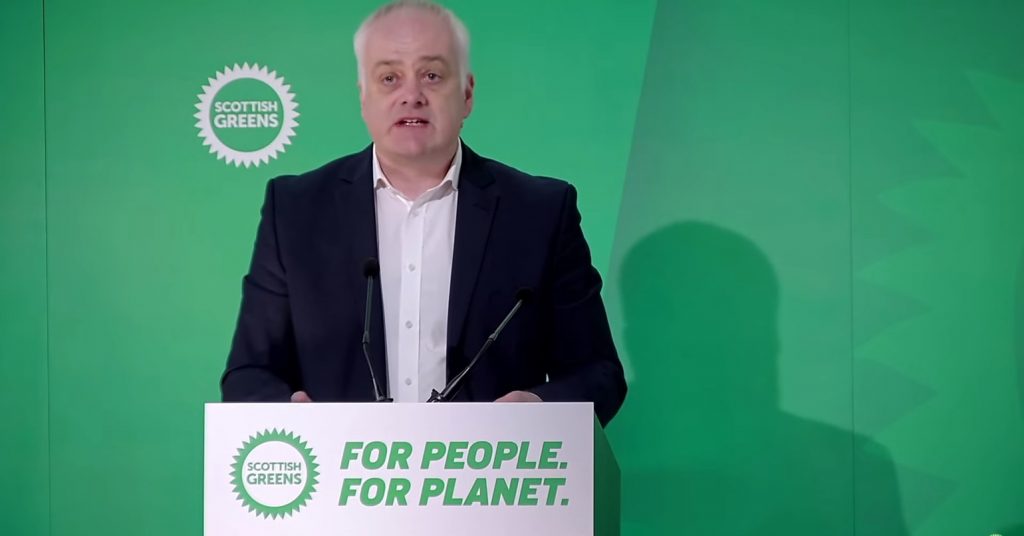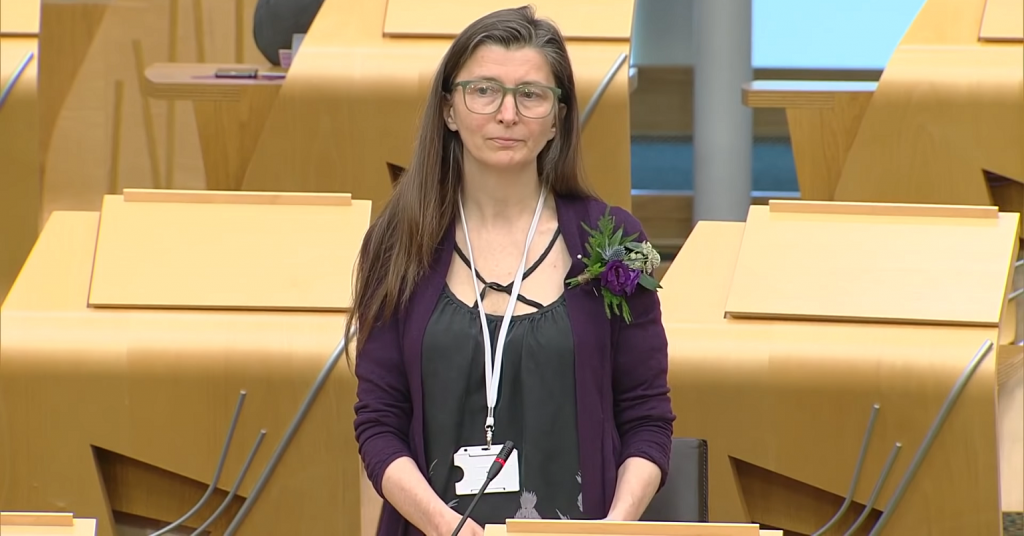Ministerial Optimism sees Fracking Stumble Ahead onto Uncharted Paths
In a letter regarding the controversial drilling process Sarah Boyack MSP says regarding the Scottish Government’s position “I am sure that you share my hope that the Minister’s optimism is well-placed” [1].
I do share Sarah’s hope, but optimism is a frivolous commodity when dealing with the regulation of heavy industry. Gas extraction by hydraulic fracturing, known as ‘fracking’, with its highly dubious record of negative health and environmental impacts, demands a more serious attitude.
Onshore gas extraction has hit set-backs in the in the UK in the last six months, with Vale of Glamorgan Council rejecting plans for exploration in September and in October gas drilling company ‘Cuadrilla Resources’ published a report saying it was “highly probable” that their operations triggered earth tremors near Blackpool. These events could spell further trouble ahead for the on-shore gas industry as increased public awareness of its impacts affects policy making.

However, reliable information on these impacts is desperately lacking. Anecdotal reports of cancer rates and neurological conditions increasing in areas of gas development in the US have caused considerable stir, but there are only a couple of governmental studies and their results are inconclusive. A county in Colorado state investigated potential adverse health effects of a proposed 200-well operation and concluded that nearbye residents might experience chemical exposures, accidents resulting from industry operations, and psychological impacts such as depression, anxiety, and stress, but their study was never been finalised due to disputes with the gas companies and local residents. Bernard Goldstein, a professor in the Graduate School of Public Health at the University of Pittsburgh, says published epidemiological studies relating shale gas production to health are “virtually non-existent”.
US journal Environmental Health Perspectives reports vastly increased levels of methane in ground-water near fracking sites, but there information about the effect of dissolved methane on human health is limited.
It is claimed that toxic chemicals from the fracking process, as well as enormous amounts of salt, some radionuclides, heavy metals, and other contaminants are entering the water supply from ponds of waste water from the extraction process. Although this impact is better understood, it is not well quantified.
This lack of data from the US is crucial because it is the only country with any active fracking operations.
Yet all of this might be brushed aside if there was a clear view on the impacts on energy policy.
Scottish Government Minister Furgus Ewing [1], the Scottish Environmental Protection Agency, and the UK Department for Energy and Climate Change all believe that shale gas can help in the transition to a low-carbon economy. But their view is opposed by scientific groups including the Tynadall Centre. In a report for the Cooperative they concluded that gas from fracking will increase global greenhouse gas emissions.
For fracking to be permitted in Scotland, a company needs a drilling licence from the UK Government Department for Energy and Climate Change, planning permission is required from the local authority, and authorisation from the Scottish Environmental Protection Agency. So far these conditions have been met by only one operation in Scotland, in Canonbie, Dumfries and Galloway. However the operator, Greenpark Energy, says it has not yet decided whether it will use the technology. Another firm, Dart Energy, is developing a site for extracting coal-bed methane on Airth, Falkirk. The fate of this site is unclear, with Furgus Ewing denying knowledge of the company’s intent stated in the Scotsman that they may apply for a licence to frack.
Fracking is on the cusp of going big on the British mainland without any reliable data on its likely health and environmental impacts.
It is not clear that this technology is a mistake but concerned citizens should ask for more than poorly-informed optimism from their decision makers.
References
- Letter from Sarah Boyack MSP enclosing note from Fergus Ewing MSP



Thanks for a nice summary of the claims made against fracking. Thank you especially for emphasising the lack of research in this area. We genuinely don’t know how safe it is. Although earthquake business seems very dramatic, I think water contamination is a bigger issue which needs tackling. Tremors are unlikely to cause serious problems, while water contamination might.
Some more pragmatic greens (small ‘g’) have pointed out that at least this represents a shift towards natural gas and away from coal. Natural gas produces lower greenhouse gas emissions and less soot and sulphate pollution.
Natural gas is certainly a cleaner-burning fuel than coal, by a long way. However, the greenhouse gas argument is not as clean-cut. Natural gas contains plenty of methane, which is, per unit mass, a far more powerful greenhouse gas than CO2. It’s sequestered below ground at the moment but if we remove it intending to burn it and allow a portion to leak into the atmosphere, this might in effect negate the advantage of natural gas as a low-emissions fuel [1]. The amount of methane that might plausible leak is open to question [2].
1. Howarth et al 2011 (http://www.springer.com/about+springer/media/springer+select?SGWID=0-11001-6-1128722-0)
2. Cathles et al 2011 (http://www.springerlink.com/content/x001g12t2332462p)